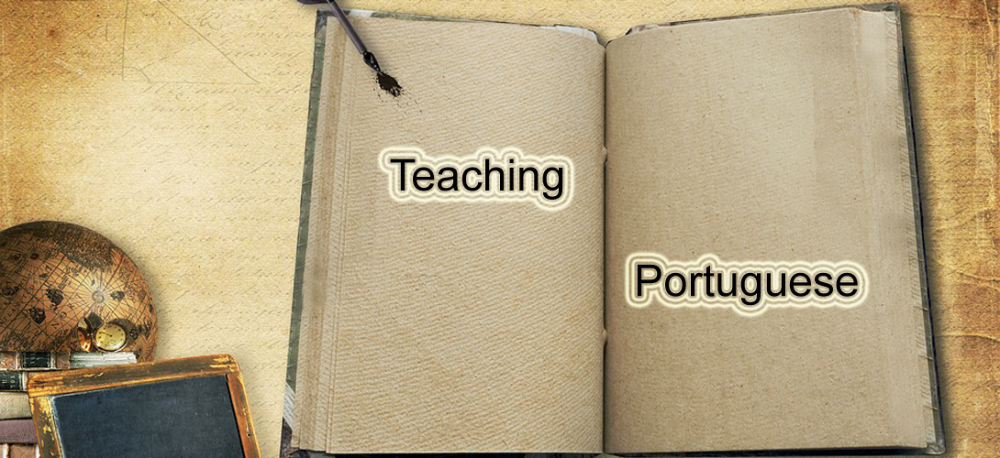Teaching Portuguese
It’s all about preparation
Preparation is key, and one of the simplest starting points is deciding who you are going to teach and what their requirements and goals are.
If it’s simply for holidaymakers, then it’s about teaching them the fundamentals of vocabulary, so that they're able to use words, grammar, phrases and good pronunciation for food, shopping and travelling around the country. It's important to familiarise your students with the day-to-day customs and rituals surrounding food, as these are the times when people get together and converse. Food is a great insight into a culture.
Then there's the fun element. If you're teaching young children, let them learn a different word or phrase each day, and connect them with their world of toys, drawing and playing.

With all the preparation, devise a lesson plan and record it in a journal, so you can monitor progress, see what works and what doesn’t, and show parents what you've taught and what you've achieved. This will show that you take your teaching seriously, and that you're highly professional. Make sure you have all your tools, such as textbooks and visuals, in order, as well as making sure any IT equipment is working properly. Then check that the environment is comfortable, there are no distractions, and that you convey friendliness and confidence.
Getting started
Portuguese, like all Latin languages, is a romantic language full of beautiful words, phrases and descriptions. You may want to get a feel for the language by sharing films, looking at paintings and reading quotes from Portuguese authors. Of course, podcasts and Portuguese learning sites will also help.
It's essential to have some knowledge of the country’s history, empire and culture. This is especially important for someone who wishes to learn the language ahead of moving to the country. Knowledge of the different regions and their history, the economy and the local dishes on offer should be of interest to anyone visiting the country, even if it’s only for a two-week break. Let your pupil know where Portugal stands politically and how it treats its populace in terms of religion and social standing.
Portugal is a polite country and expects the same behaviour back. They are quite conservative and don’t like people who are late for appointments or bookings. Equally, they expect good, polite, respectful manners. Who wouldn’t? So etiquette is important and formal titles like Senhor and Senhora have to be employed.
While societally they are conservative, the country has shown great forward-thinking about modern culture, using art incentives to improve environments, and tackling contemporary problems like drugs in a very advanced and sensible way.
Where we live, we're fortunate enough to have five Portuguese restaurants and cafés. They nearly always have the TV on so, if you can access one of these, find a table in the corner, order a coffee and some food and develop a relationship with the owner/staff. Before you know it, you’ll be talking like a native.


